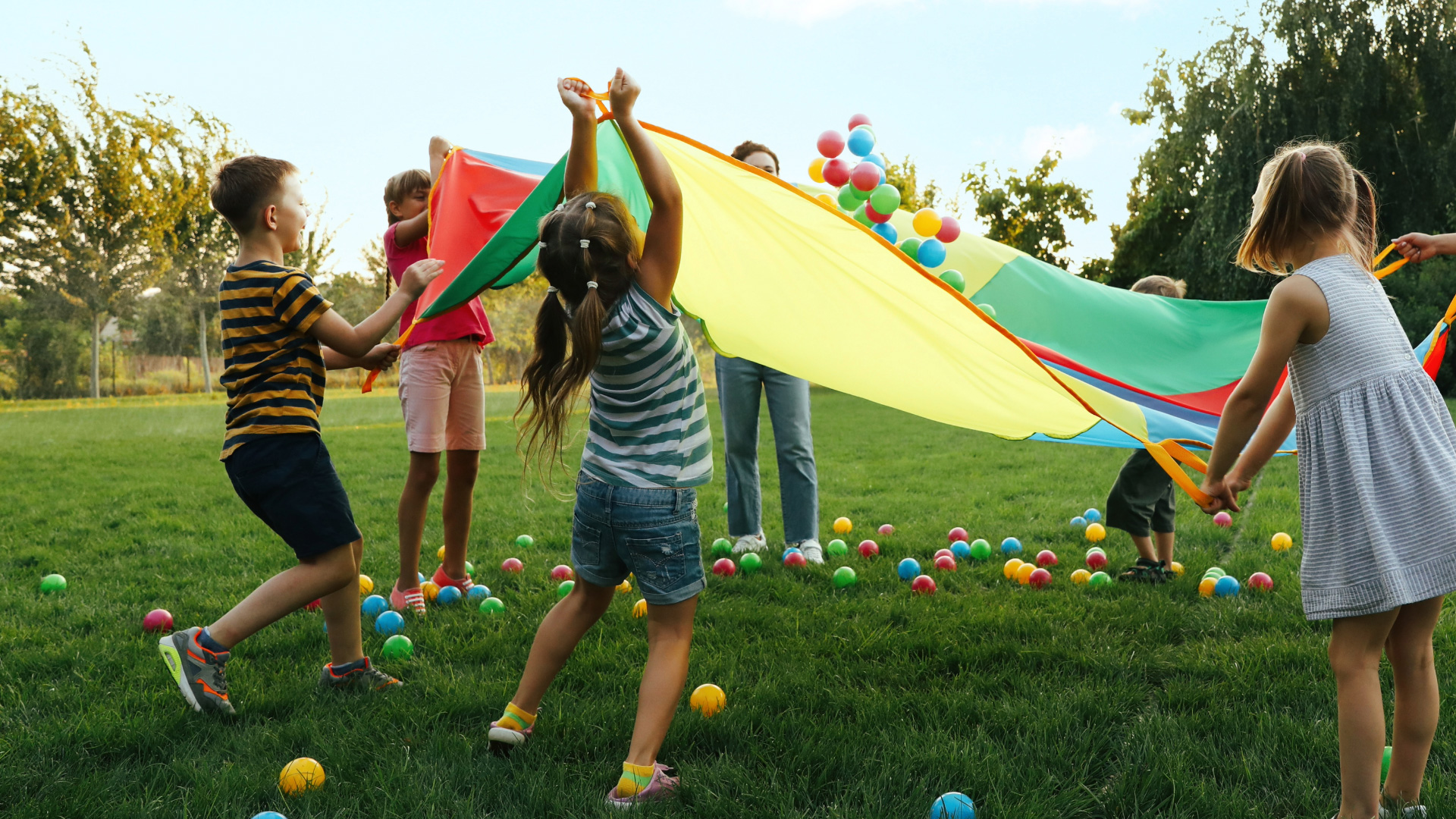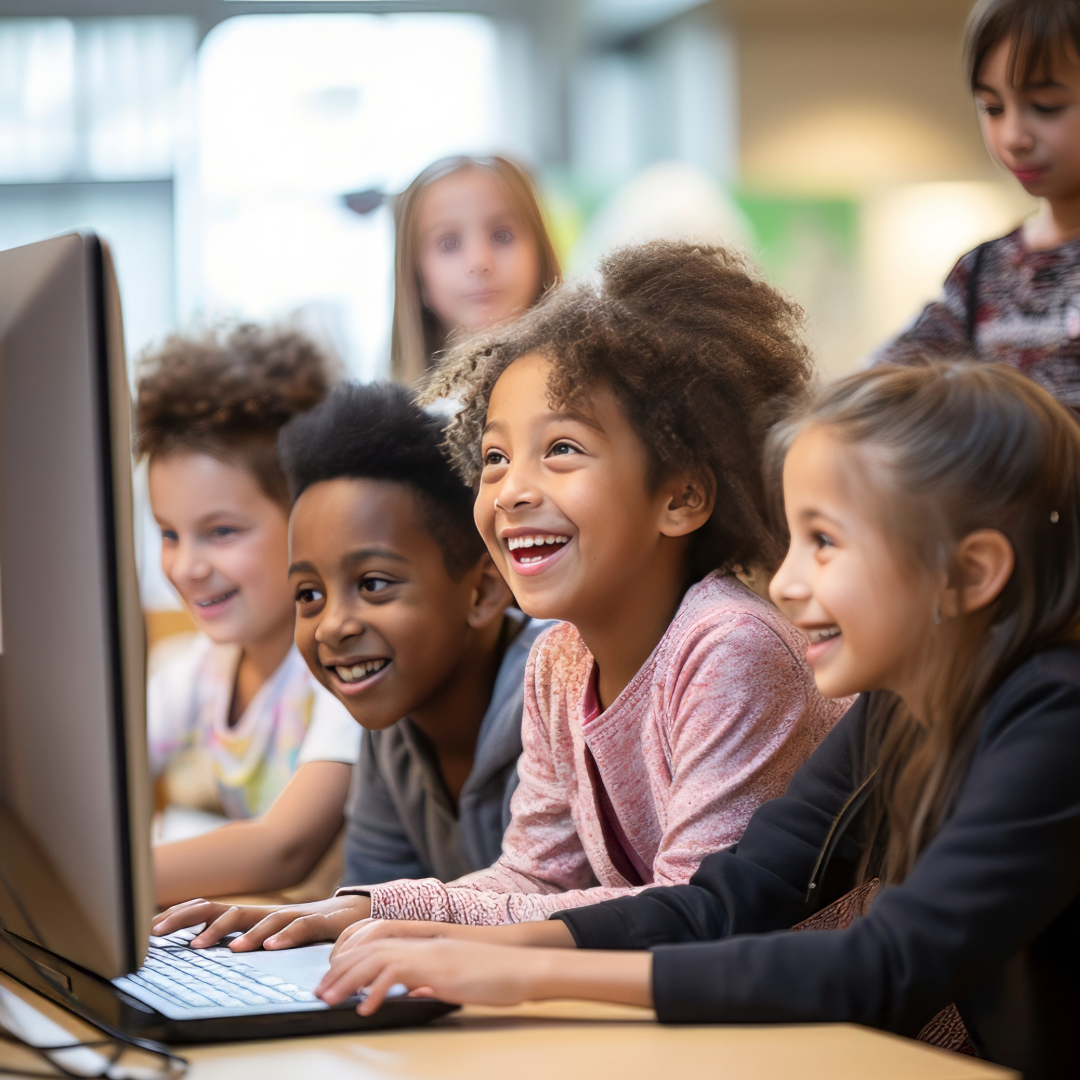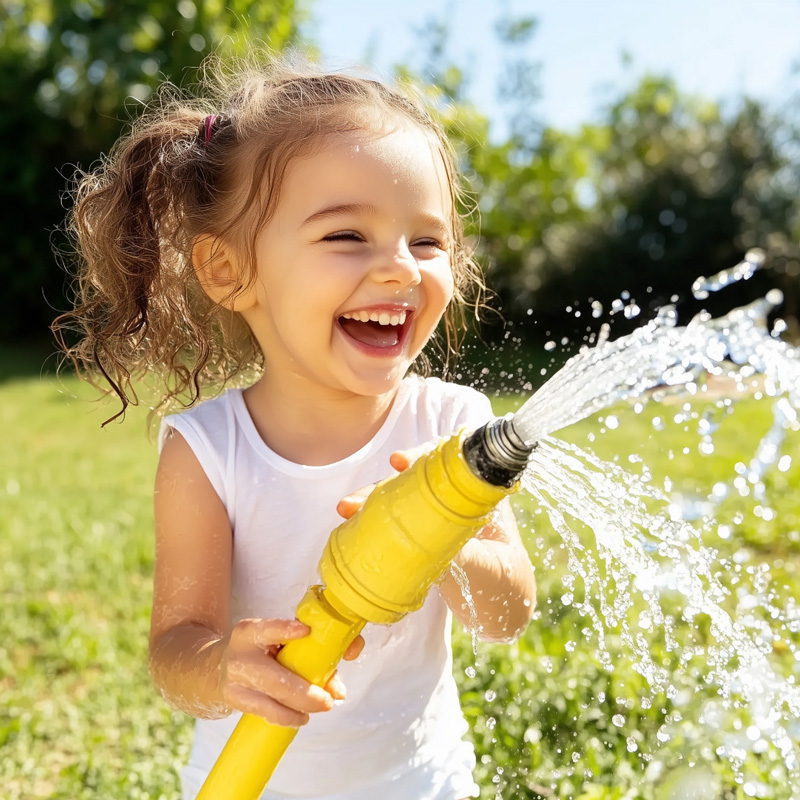By: Jennifer Stein
Remember those sun-soaked afternoons of childhood? When time stretched endlessly, and your biggest decision was which game to play next? Maybe it was a race across the playground, a mud pie masterpiece in the making, or a fort built from couch cushions and wild ideas. Your imagination had no limits—and neither did your joy.
In today’s fast-paced, tech-filled world, it’s easy to forget those simple, golden moments. The ones where we ran barefoot through sprinklers, climbed trees until our hands were dirty, and turned a stick into a magic wand or a sword. These weren’t just fun memories—they were the foundation of who we became. That kind of play shaped our creativity, our confidence, our ability to connect with others.
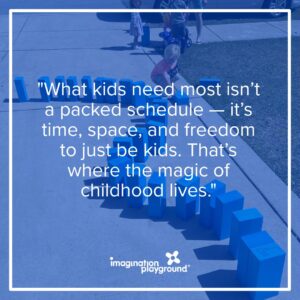
The Lost Art of Free Play
But somewhere along the way, free play began to fade.
With screens now a constant companion, the wild, open-ended adventures of childhood are being replaced by pre-programmed apps and structured activities. A cardboard box used to be a spaceship. Now, it’s…recycling. And while technology has its place, it can’t replicate the messy, marvelous magic of unstructured play.
Here’s the good news: it’s not gone forever. That spark is still there—waiting to be reignited.
Rekindling Joy, One Game at a Time
Close your eyes and remember: the feel of grass under your feet, the sound of laughter skipping across the park, the thrill of tag or hide-and-seek. It’s all still there, tucked in your heart.
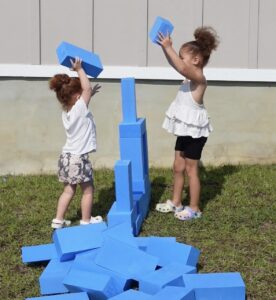
And the world? It’s still full of opportunities for play. It’s in backyards, playgrounds, sidewalks, and living rooms. All it takes is a little space, a little time, and a lot of imagination.
Why Play Matters (Now More Than Ever)
Unstructured play isn’t just a nice-to-have. It’s essential. Every time a child builds a tower, invents a game, or tells a silly story, they’re doing more than playing. They’re learning.
Here’s what play helps build:
- Creativity and problem-solving
- Social skills and empathy
- Physical coordination and self-awareness
- Emotional resilience and regulation
- Language and communication
These aren’t just “soft skills”—they’re life skills. And they’re developed not through flashcards or apps, but through the freedom to imagine, explore, and move.
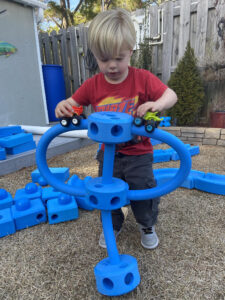
A Call to Play
So let’s bring it back.
Let’s unplug and go outside. Let’s build forts, throw dance parties in the kitchen, and turn cardboard boxes into castles again. Let’s show the next generation what it feels like to be fully immersed in wonder—no screens, no schedules, just pure play.
And along the way, you just might rediscover a little piece of yourself, too. Because play isn’t just for kids. It’s for the kid in all of us—the one who still believes in magic, adventure, and the power of a really good game of tag.
The world is your playground. Are you ready to play?



